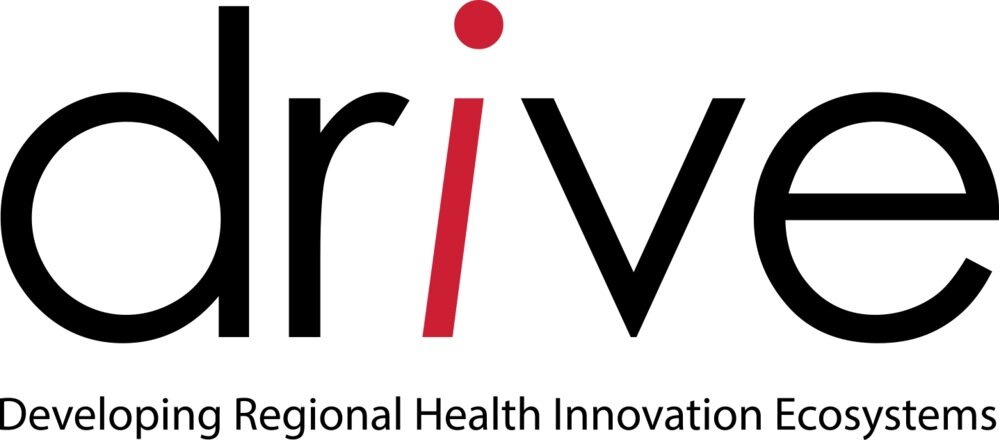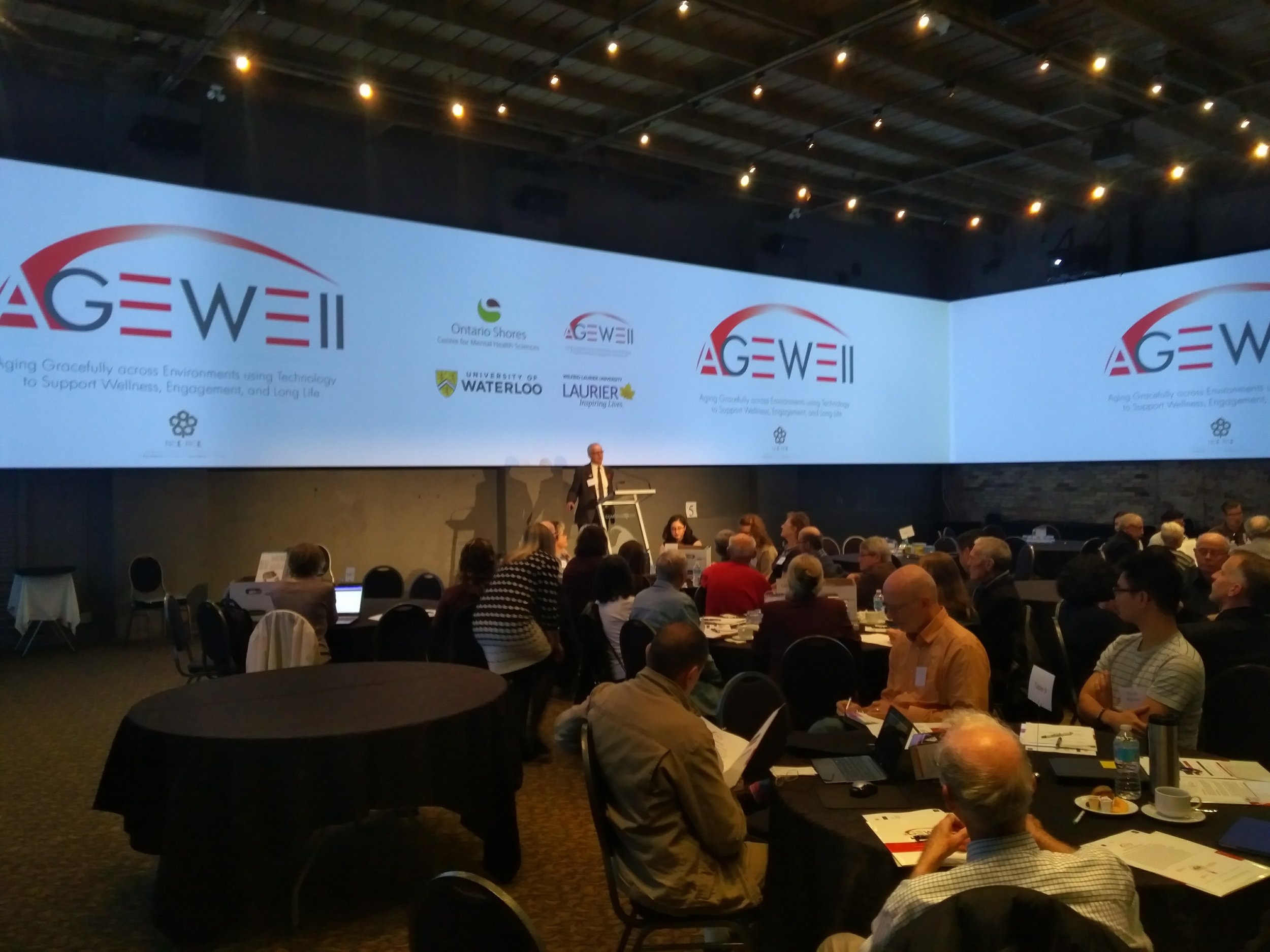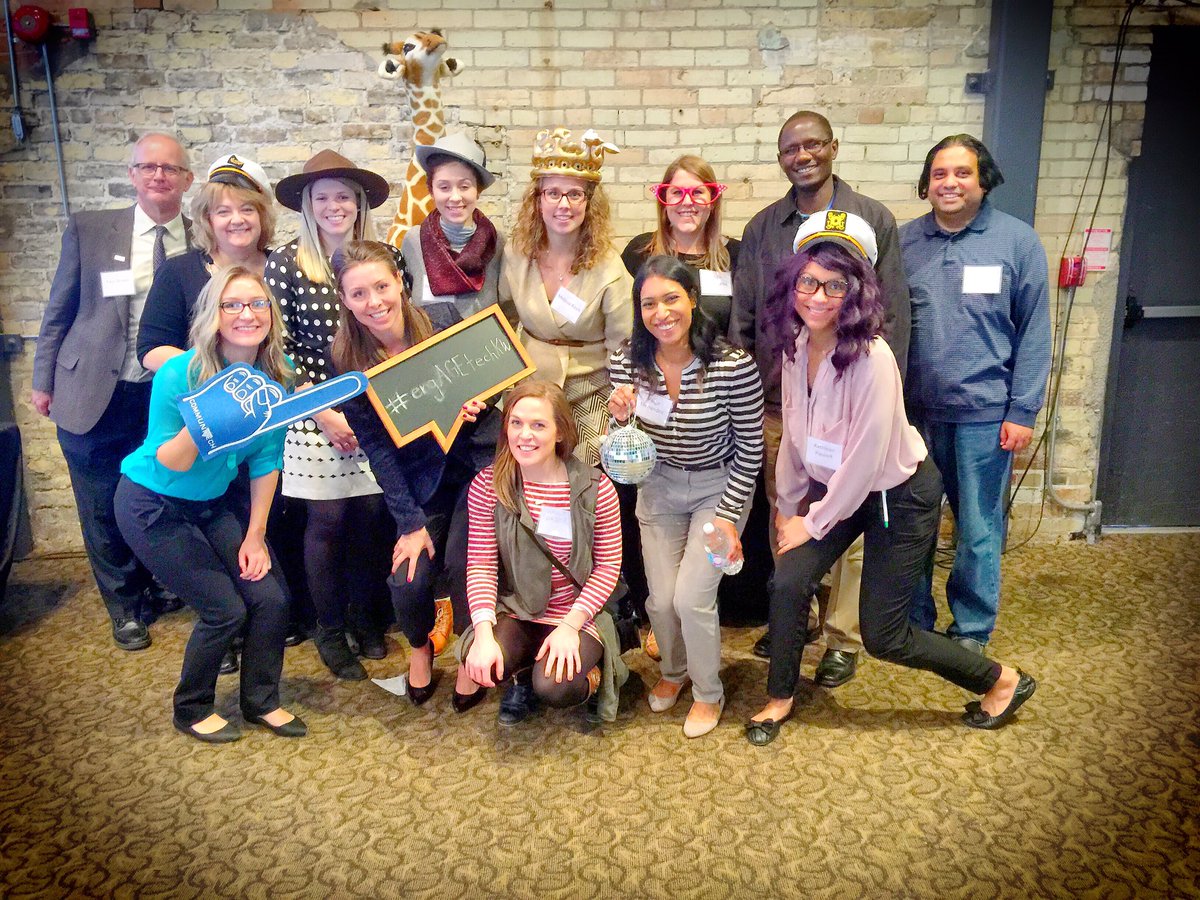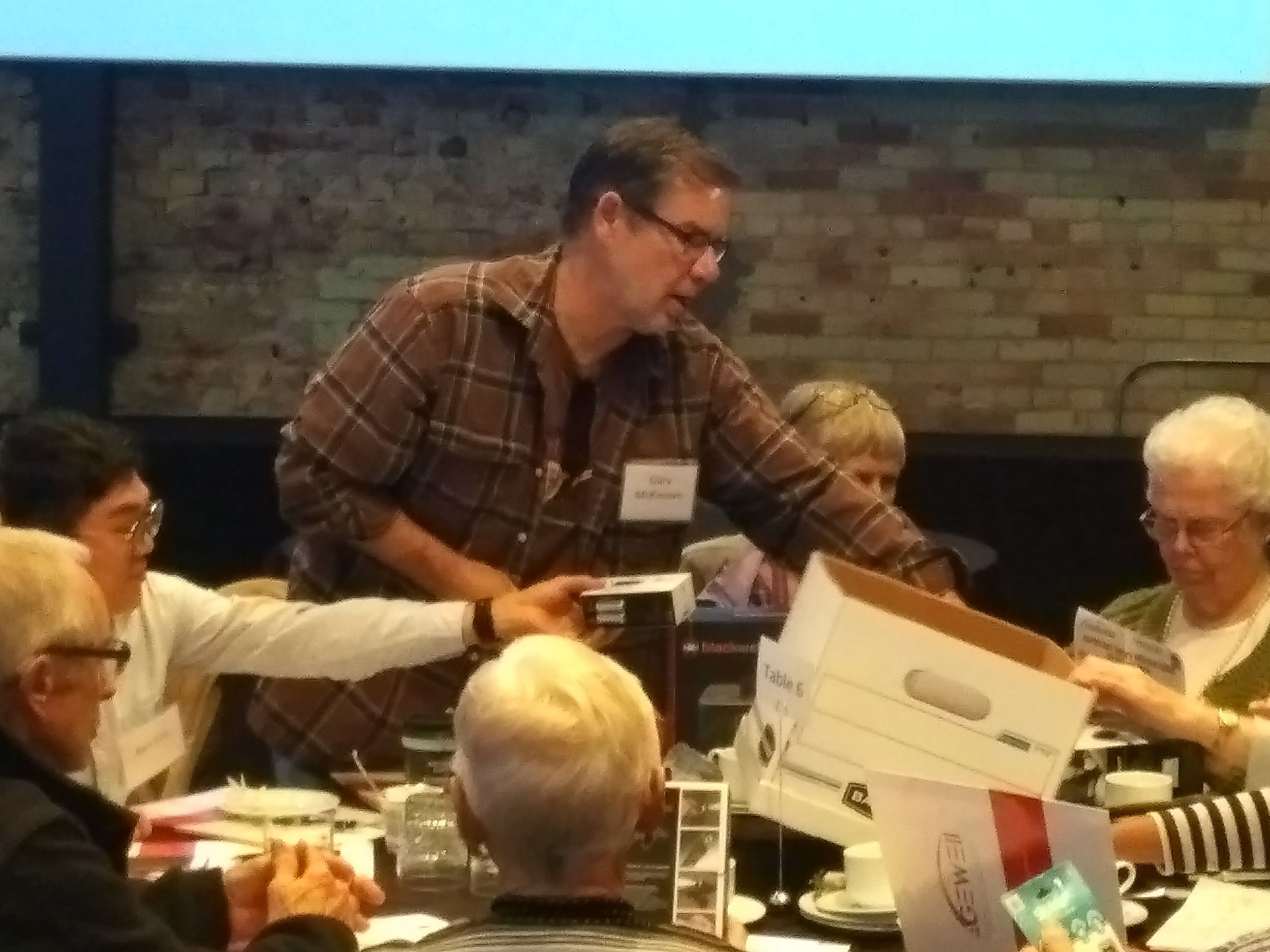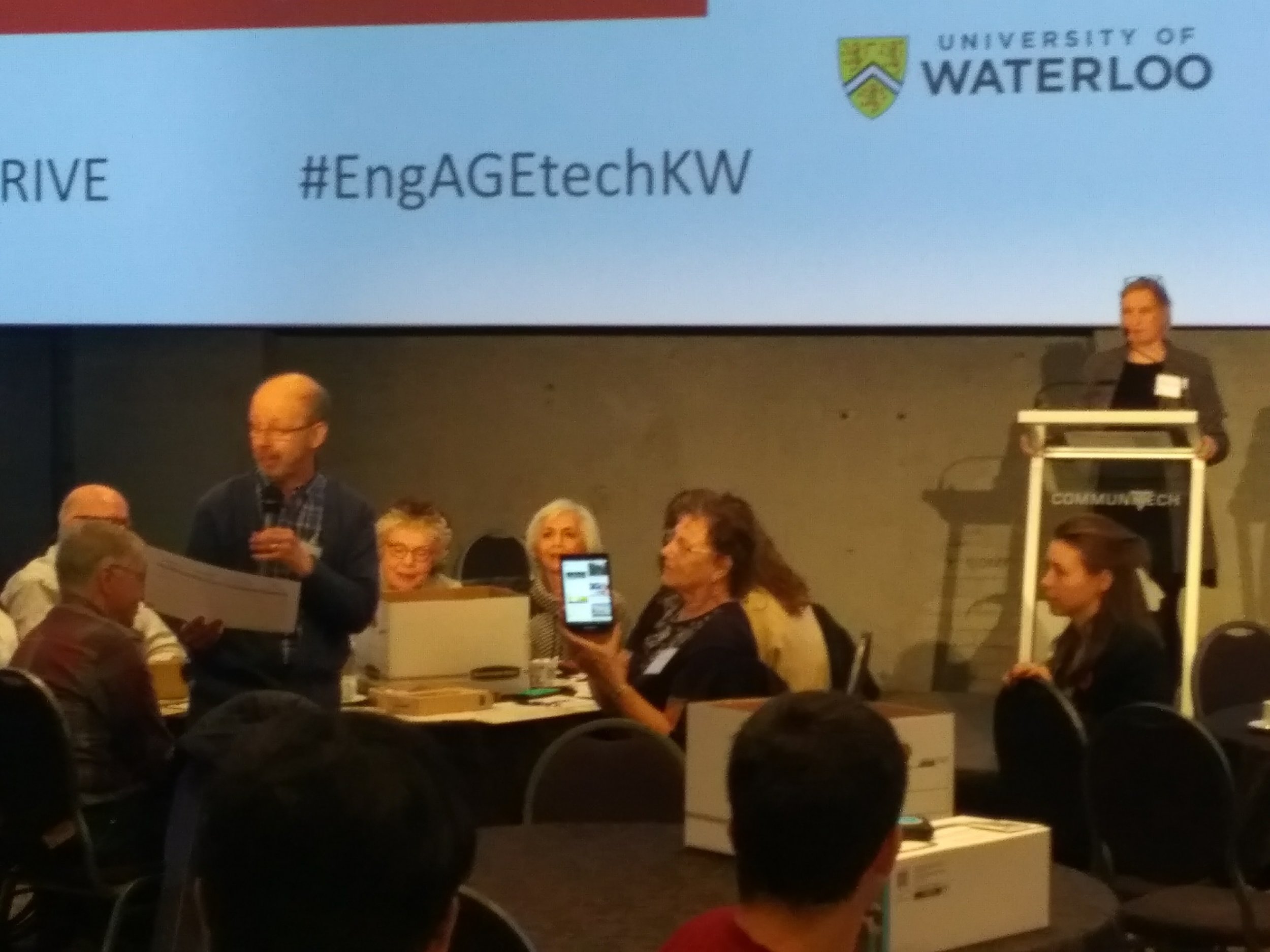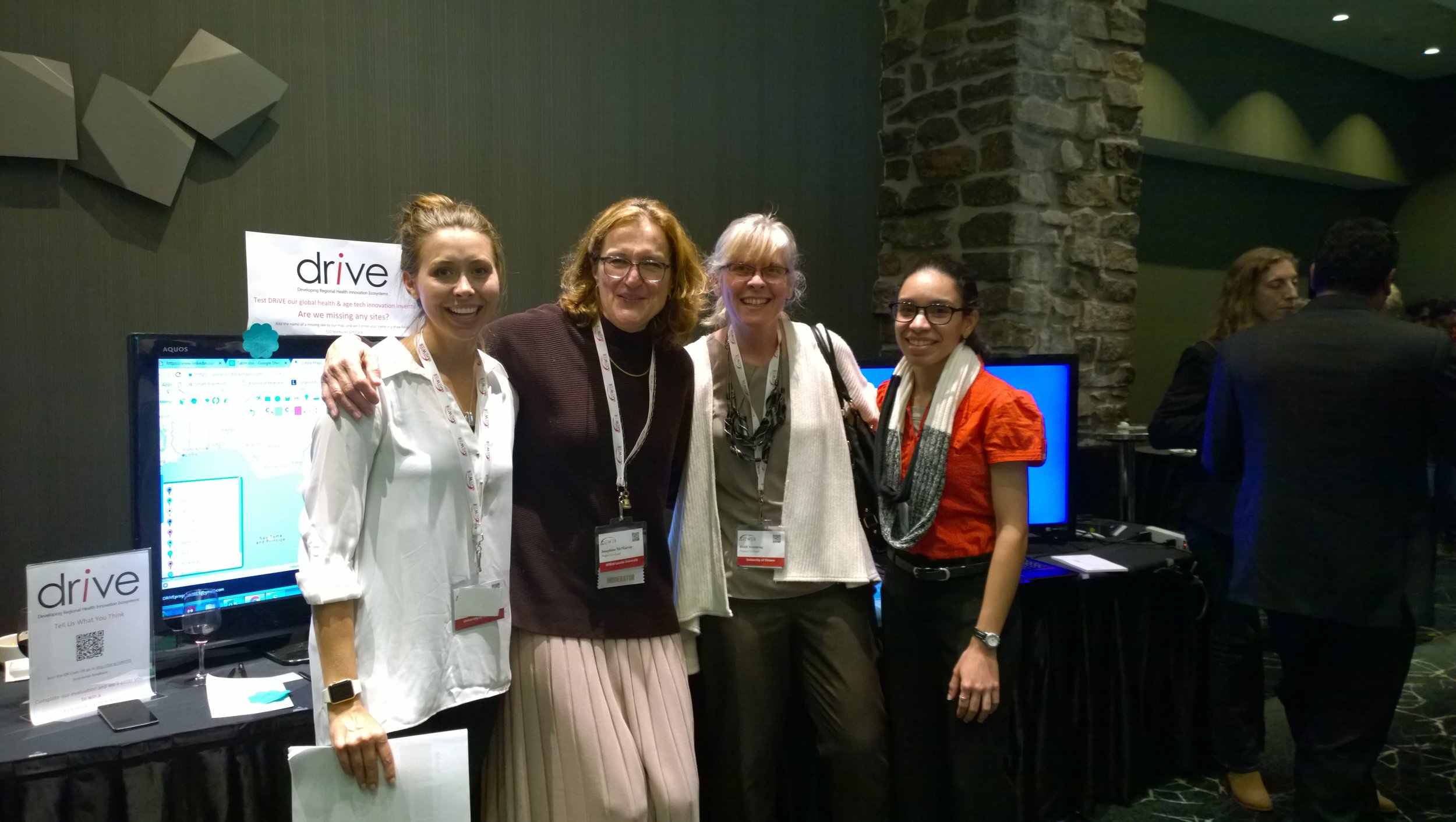From WP7, researchers and students from Wilfrid Laurier University and the University of Waterloo, and from WP 1, representatives from Ontario Shores Center for Mental Health Sciences partnered to achieve the following 6 workshop objectives:
1) Understand how older adults make decisions regarding technology acquisition and use;
2) Identify the obstacles or barriers to adoption of technologies by older people;
3) Work collaboratively with a variety of stakeholders;
4) Develop an understanding of Waterloo Wellington region’s innovation ecosystem from the perspective of a variety of stakeholders, and how it fosters the development of technologies that support health and aging;
5) Contribute to the creation of a model to guide active collaboration with older adults and their caregivers in regional innovation ecosystems; and
6) Provide an opportunity for a variety of stakeholders to comment on policy and regulatory issues relevant to new technologies and innovation to support health and aging.
We were delighted by the overwhelming community response to bring older adults, caregivers, researchers, decision- makers, folks working in the health and aging sectors, and the tech community together! As we in the AW network know, a key part of the AGE-WELL mission is to involve those folks who we are working to innovate for. The projects coming together for this workshop are great examples of this engagement.
In WP 7, PRITECH aims to understand the regulatory and policy environment for aging technologies and innovation by collaborating with policy makers and those working in industry to better understand this environment. In the DRiVE project we are working to understand the regional environment or ecosystem that is needed to support the innovation process by collaborating with the stakeholders who are important in these communities.
In WP 1 they are working to understand the role of older adults in technology design, development, and commercialization by involving older adults in their work.
As much as this workshop was a research activity, we were also able to have some fun! During the lunch hour, our Communitech partners arranged a tour and put together a selfie booth- complete with silly hats and a giant plush giraffe- for participants to enjoy.
Preliminary review of the evaluations have been positive, with one participant commenting:
“I was intimidated before I arrived given that I don't consider myself a techie. However, I didn't even think of that especially when I started listening to others with the products they tried and just trying "gadgets". I confess to being a gadget junkie - can't afford to buy a lot of them but love getting to learn to use them. … I look forward to more of these types of sessions and am spreading the word among my friends and acquaintances.” (Older adult workshop participant).
As we wrapped up the day, a participant asked “how can we keep in touch and maintain the connections we have made today” … to me, this was the best feedback we could have asked for. My vision is for older adults and their caregivers to be meaningfully engaged in innovation ecosystems for health and aging. There is so much potential in the KW region to open the door to the possibilities and market development that comes from a growing segment of people over the age of 65 who are willing and eager to adopt new technologies that will help them live better lives more independently. We see this event as beginning a relationship between stakeholders in the KW region and are excited to keep the momentum going as the ecosystem develops!
As a start to keeping the connections made between folks, we have created a community space on our website for folks to post pictures, comments, links, etc. related to the workshop and follow up opportunities. Please visit this space here to help keep the momentum going:
https://www.drive-health-ecosystems.com/community-health-innovation-ecosystems/
A final note of thanks to the researchers, students, and of course participant support from both within the AW WPs involved and beyond.
